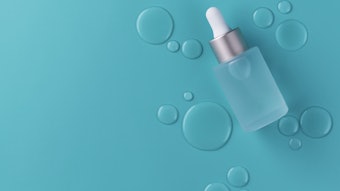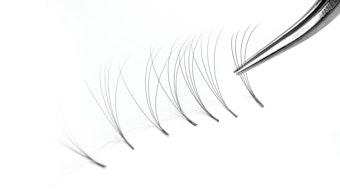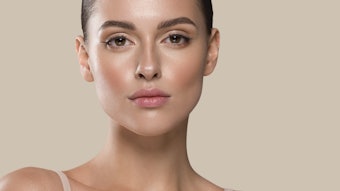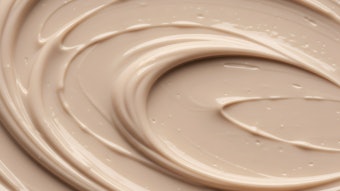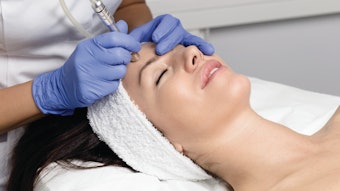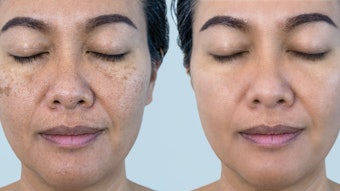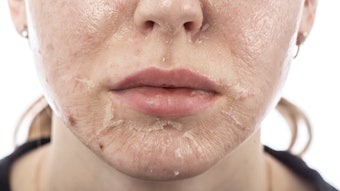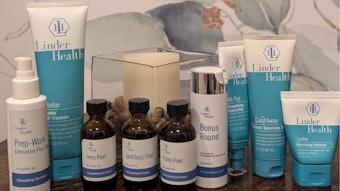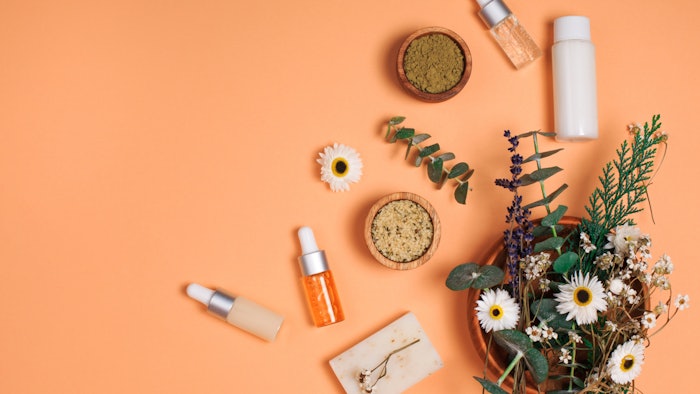
Holistic skin care is a heavily desired approach to skin care and overall wellness for many, but its desirability has also led to confusion around what it actually means and how to achieve it.
As skin and beauty professionals, we can all relate to clients who want “holistic,” “natural” or “organic” treatments, but often have very different views of what constitutes holistic and natural. It’s important to understand holistic approaches to beauty and wellness, and most importantly, take the dialogue away from marketers who are largely responsible for spreading misinformation about it.
Defining Holistic Skin Care
Holistic skin care incorporates daily skin care, nutritional and lifestyle changes to support healthy skin and reverse signs of damage and aging. Skin is our fifth vital sign and our largest organ, which means that it represents the state of our overall health. A holistic approach is the most successful way to achieve healthy and radiant skin, but mixed and often misinformed marketing messages have confused consumers into thinking that holistic skin care is the use of skin care products that are made with organic ingredients or stem from ancient traditions.
Skin care professionals have limited influence on their clients’ nutritional and lifestyle choices, but they can provide a holistic approach through their clients' skin care, and more specifically, home care routine. There is another way of looking at skin care more holistically.
Redefining Holistic Skin Care
In skin care, we generally address skin concerns (e.g. acne, aging, sun damage or hyperpigmentation). This can make our approach singularly focused and ignore a larger or ‘holistic’ view of the skin renewal cycle.
For example, aggressively reducing sebum production to treat acne can easily lead to breakage of the skin barrier if all steps of the skin renewal cycle are not optimized. Adding a retinoid to combat aging can again cause skin barrier breakage, which will lead to skin sensitivity, hyperpigmentation and lack of skin elasticity. These are just a few examples that support looking at holistic skin care from the lens of the skin renewal cycle.
Holistically Approaching Skin Renewal
Being the largest organ in our body and the first line of defense against the environment and infections, our skin undergoes rapid cell division to continually renew itself. This means that we can successfully reverse signs of damage, as long as we are optimizing the skin renewal cycle.
Nourishing skin renewal requires lifestyle interventions like eating an antioxidant-rich and low-sugar diet, avoiding smoking, staying hydrated with water and diligently using sun protection. We can redefine “holistic skin care” by adopting a comprehensive approach that optimizes the skin renewal cycle at each step. Supporting all phases of skin renewal from collagen regeneration to skin barrier strengthening and exfoliation to reveal new, healthy skin will effectively address every skin concern for any skin tone, at any age.
Related: Holistic Approach to Glycation
Holistically Approaching Acne
Acne-prone skin typically has an over production of oil, which then traps dirt and dead skin debris in pores causing breakouts. As the problem step in the renewal cycle is excess sebum production, the obvious approach has been to reduce oil production with cleansers or exfoliants. However, this will inevitably compromise the skin barrier triggering more sebum production as the skin tries to compensate and repair itself by secreting more sebum. Acne may worsen, and in skin of color, it will also leave behind scarring and cause post-inflammatory hyperpigmentation (PIH).
If spa professionals were to take a holistic approach, and nourish every step of the skin renewal cycle, the results would be different. Just like before, oil reduction is important, but building the skin barrier and moisture protection is also essential. Exfoliants and deep cleansing should be accompanied by soothing and anti-inflammatory ingredients. A water-based moisturizer will help build the skin barrier and a hyaluronic acid product should be applied on top of the moisturizer to seal in moisture. Using a retinol will upregulate skin cell turnover, which heals scarring and PIH.
This multi-step regimen supports every step of the skin renewal cycle, not only the “problem” step of excess oil production, resulting in clearer and healthier skin.
Holistically Approaching Hyperpigmentation
There are multiple causes of hyperpigmentation ranging from sun damage to hormonal causes like melasma. Hyperpigmentation is defined by excess production of melanin, but it’s really a symptom of underlying damage. Hyperpigmentation due to sun damage actually represents collagen breakdown because UV exposure will cause both excess pigmentation and collagen degradation. In more complex conditions like melasma, hyperpigmentation is a symptom of a hormonal imbalance. In acne-prone, dry or mature skin, it signifies skin barrier breakage.
Even though hyperpigmentation is complex, we typically address it by simply suppressing melanin production, which is why this approach oftentimes fails. Melanin production is a protective mechanism and a symptom of an underlying insult. None of those insults are addressed solely by fighting melanin production. In fact, they often cause a paradoxical increase in hyperpigmentation, especially in skin of color. Alternatively, a multi-faceted regimen incorporating collagen growth and faster skin cell turnover with vitamin C and retinol, respectively, will erase hyperpigmentation by making new healthy skin faster. Simultaneously, building the skin barrier with a moisturizer and moisture sealant like hyaluronic acid will automatically down-regulate melanin production.
Holistically Approaching Aging
Growth factors, peptides, retinol and vitamin C are all the buzz in healthy aging, and for good reason. Again, there is not one single product that will achieve results like intentionally combining products that up-regulate every step in skin renewal. Retinols, growth factors, peptides and antioxidants are key supporters of collagen production and skin cell turnover, but we also need to have adequate lipids to replenish the skin barrier to protect new skin protein growth.
Mature skin needs adequate exfoliation to remove stagnant dead skin cells that block optimal product penetration and make the skin look dull. Finally, mature skin has excess transepidermal water loss (TEWL), which means that sealing in moisture with ingredients like hyaluronic acid is even more important. All these interventions will support the benefits of any anti-wrinkle serum, but this also means that without all these steps, there will be limited improvement with age-fighting serums alone.
Protecting the Skin
Skin cells are one of the fastest reproducing cells in our body, which allows us to do so much with it, no matter what age or skin tone we are. The skin also has multiple mechanisms like melanin production and sebum production to keep itself strong and capable of fighting damage from the environment to protect us. Skin care that attacks these protective mechanisms (reducing oil or pigment production) will inevitably signal these protective mechanisms to work even harder, and as a result, create an imbalance that will fail to make skin healthier. Nourishing every step of the skin renewal cycle will holistically make our skin healthier, clearer and more radiant.
Dr. Simran Sethi has practiced Internal Medicine for over 16 years. She is a graduate of the Medical College of Wisconsin and completed her Internal Medicine residency training at Santa Clara Valley Medical Center, San Jose. Simran’s background as an internist has provided her a strong foundation in understanding the essentials in achieving and maintaining optimal health, from the inside and out. Her mission with her MedSpa, RenewMD, and medical-grade skincare line, skin by Dr. SimranSethi, is to empower women who have struggled to find the right skin care products and treatments for their melanated skin, and to celebrate and care for their complexion by working with this process rather than against it.

